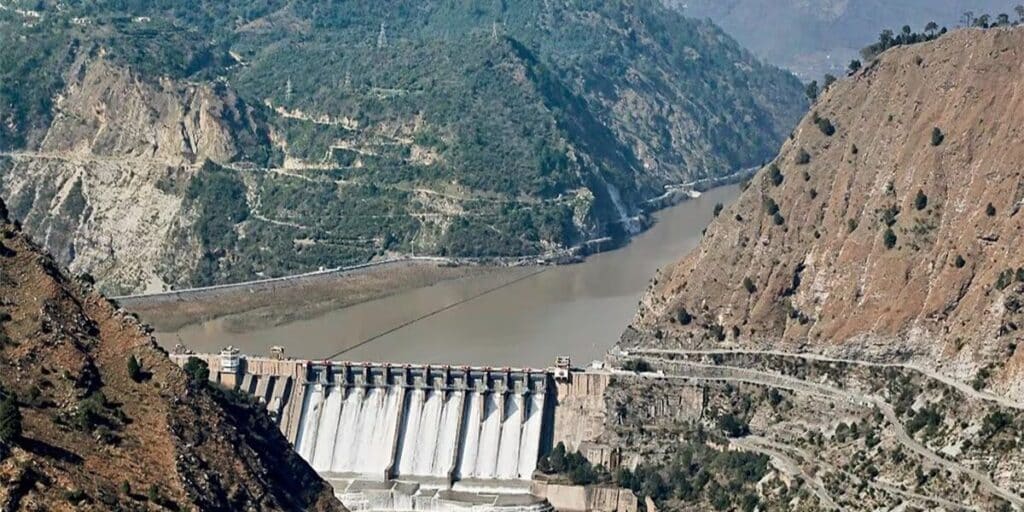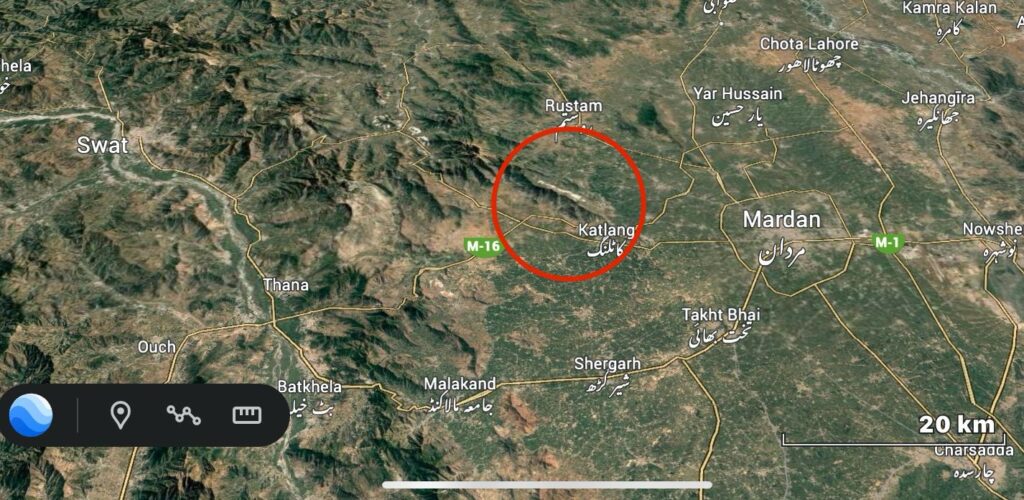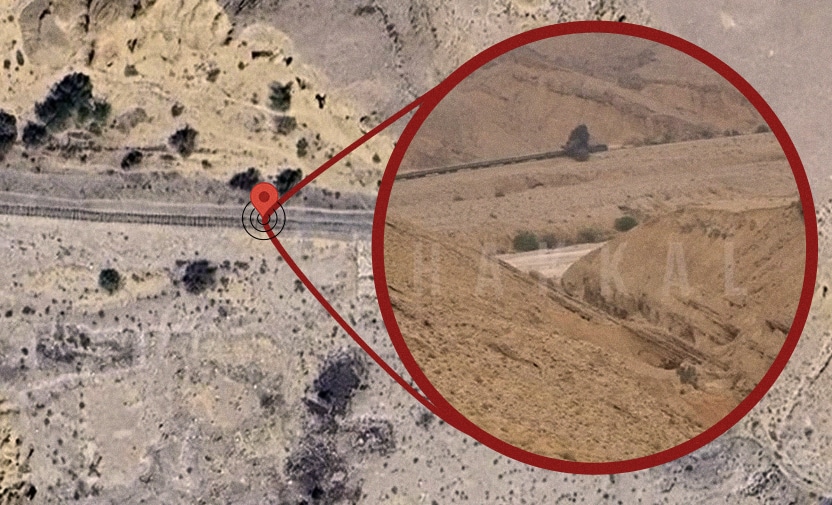ISLAMABAD : Arbitration Court Endorses Pakistan’s Position on Indus Waters Treaty, Denies India’s move to Unilaterally Suspend Treaty and Limit Court’s Role
The Government of Pakistan acknowledges the decision of the Arbitration Court under the Permanent Court of Justice, which supports Pakistan’s stance on the Indus Waters Treaty.
The court has ruled that India’s attempt to unilaterally suspend the treaty is illegal and a violation of its provisions.
Prime Minister Shahbaz Sharif has reiterated that Pakistan remains committed to engaging in meaningful talks with India on all outstanding issues, including Jammu and Kashmir, water, trade, and terrorism.
The Arbitration Court highlighted its authority under the treaty and clarified that India’s actions have no bearing on the legitimacy or continuity of its proceedings.
The decision clearly states that the court will continue its adjudication on the treaty regardless of any party’s unilateral suspension claims.
The judgment further emphasized that:
The Indus Waters Treaty does not allow for unilateral suspension by any party.
The treaty will remain in effect unless both Pakistan and India mutually agree to suspend it.
India cannot unilaterally block arbitration proceedings for any dispute under the treaty.
Attempting to hinder the role of an arbitrator violates the core dispute resolution mechanism enshrined in the treaty.
In light of these points, the court concluded that India has no legal authority to stop arbitration proceedings on its own.
The Arbitration Court reaffirmed its commitment to play a fair, effective, and responsible role in resolving disputes under the treaty.
It is important to note that Pakistan had approached the court in 2016 in response to India’s illegal construction of water reservoirs on western rivers.
ALSO READ: Indus Waters Treaty: Pakistan issues letter to India
Although India initially requested the appointment of a neutral and credible expert, it later attempted to suspend the arbitration process, citing unilateral suspension of the treaty. Today, that request has been formally rejected by the court.





